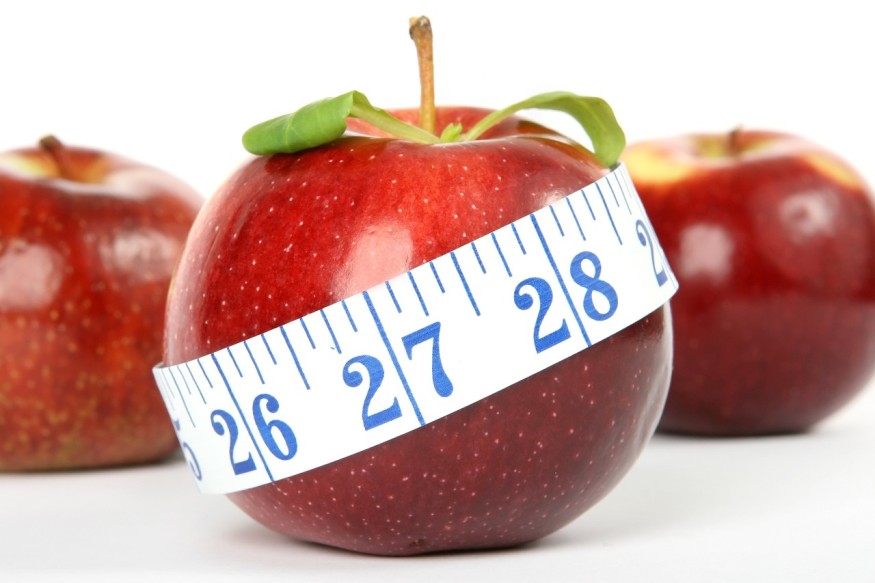Have you been on a diet for quite some time now, but you haven't seen any result yet? The term 'diet' is such a confusing word.
It may mean the normal food and drink of one culture, a human or an animal. But according to Psychology Today, there are diets too that are prescribed for various medical reasons, like "the DASH diet or a diet to control diabetes."
Whatever it may mean, most people know diet in its most sneaky manifestation as a provisionary and highly limited program or eating to lose weight.
If you are one of the many, who feel that despite trying everything but to no avail in terms of losing weight, you might want to consider these 5 reasons that, according to EvolutionEat CEO Daniel Thomas Hind, hopes will "influence the way you think about your relationship to 'health and dieting,'" and eventually, yourself.

1. The Biggest Mistake Committed
Hind said people love getting excited about the "latest science on macro and micronutrients," not to mention the latest craze in workout, but they totally ignore the essentiality of psychology in health.
This, the expert said this is indeed a mistake as 9.5 out of 10 times, which leads to a rebound and makes us more likely to gain weight later on.
The CEO added psychology is the "difference between short-term success" with eventual failure and real, long-term health. Therefore, the key is to focus on a growth mindset that makes it a habit to build instead of self-control and determination.
2. Focusing Much on Willpower and Restriction
The essential flaw with the method of both dieting and medical fields is the "focus on willpower and, or restriction," the mantra, "no pain, no gain."
The expert said we are inclined to internalize this message, making sense for a number of reasons. First, many goals, particularly the short ones, can, in fact, be attained by willpower solely.
Second, with health and dieting, short-term success can be fast and frequently impressive if such a method is practiced. However, it is a false alarm since willpower is not reliable in the long run.
Rather, there is a need to focus on habits that do not need willpower once formed, though just very slightly in the beginning.
3. Habit-Building Seems Easy to Understand Yet Hard to Do
There are lots of elusive psychological factors we can consider. First, we should not start things we think we should do. Meaning, we should cease moralizing our choices now as it makes the whole thing much more difficult.
Try to find a healthy habit or two that you actually love and enjoy doing. Regardless of what they are, Hind said, you'll be able to add more activities and habits into your routine later on.
4. Outlook
Our outlook or mindset in terms of achieving habit building is crucial. Since everyone's health is specific and the first choices are somewhat personal, building habit needs a lot of trial and error.
One practical way to do this is by understanding that long-standing habits have a lasting effect on one's health.
It is essential to focus your attention on actions taken regularly and not to worry about occasional deviations.
The expert explained that we should view every attempt as our chance to test a new assumption about what will make it stick for regular actions.
Failing may not be fun, he continued, although it can help us proactively look and learn something from that failure.
5. Practicing That 'Diet Mentality'
What's effective for all people might not be effective for you, although generally, most of has "will have eight to 10 habits" that are needed to attain and retain our ideal health and weight.
Among these few common habits include cooking, grocery shopping, and vegetable consumption. Walking 10,000 steps a day, having a regular sleep, and eating breakfast is also part of these common mindsets.
The diet coach and lifestyle designer advised that instead of approaching diet and health with "diet mentality" or forcing something that you don't feel right, it is ideal for treating a relationship with food as we would a relationship with people.
Check out more news and information on Diet on Science Times.
© 2025 ScienceTimes.com All rights reserved. Do not reproduce without permission. The window to the world of Science Times.











